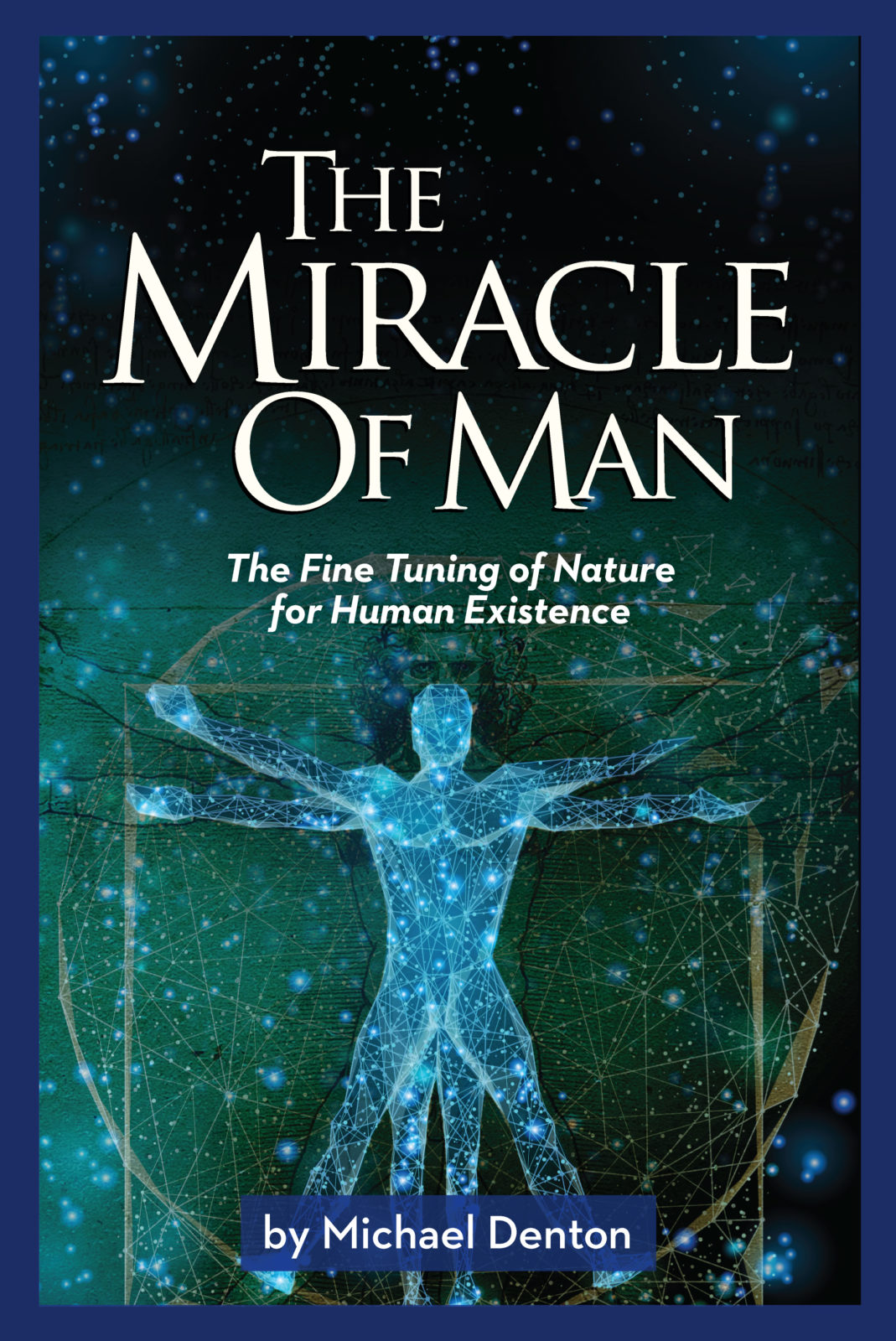Neil Thomas writes:
William Paley once quipped that observation of the complexity of the human eye (which, it will be recalled, was wont to give Darwin uncomfortable doubts about the efficacy of natural selection) supplied an assured “cure for atheism.” Extending Paley’s quip, I would add that if the eye doesn’t do it for you, the brain with its quadrillions of synchronized electro-chemical operations almost certainly will. There seems to be little exaggeration in claiming that cytology, the microscopic study of cells enabled by the ultra-high magnifications of the electron microscope, has led to a wholly unexpected revival of the fortunes of Paley’s once derided natural theology.

Recent advances in biological science, a subject formerly proclaimed to be corrosive of metaphysical beliefs1, have somewhat unexpectedly become a stimulus to the emergence of new advances which endorse many of the older observations of natural theology. As astronomer Paul Davies remarked some four decades ago, “It may seem bizarre, but in my opinion science offers a surer path to God than religion.”2 Supporting this contention — that science itself leads the charge toward a fresh theistic turn — Michael Denton makes the firm observation in his new book, The Miracle of Man: The Fine Tuning of Nature for Human Existence, that recent studies of the way the terrestrial environment appears to be fine-tuned for humankind are “not based on the Judeo-Christian scriptures or classical philosophy but on evidence derived from advances in our scientific understanding of nature.” (p. 208)
Gifts from the Gods
Providing chapter and verse for his views, in convincing detail with an enviably multi-disciplinary command, Denton elaborates on ways in which the properties of light, carbon, water, and metals contribute to the fitness of nature for humankind, providing substantial circumstantial evidence that the world we inhabit was “pre-adapted” for our use.
The notion that we are simply an “epiphenomenon” of mindless processes cast adrift in a cosmos configured by pure chance has in the last half century or so been challenged by a new scientific landscape, Denton argues — with some understatement. For as Michael Behe comments in his advance praise of Denton’s work, the philosopher Bertrand Russell’s notorious contention that “Man is the product of causes which had no prevision of the end they were achieving” has turned out to be “the most spectacularly wrong-headed pronouncement of the 20th century.”
Cosmologists make no bones about the fact they can see no logical pathway to how we all came to be here on this planet. The cosmological constants which create conditions favorable to life are on any statistical reckoning improbable to an extreme, even prohibitive degree. The same goes for the genesis and proliferation of life forms: the whole phenomenon remains stubbornly unamenable to rational decipherment.
Evolution News